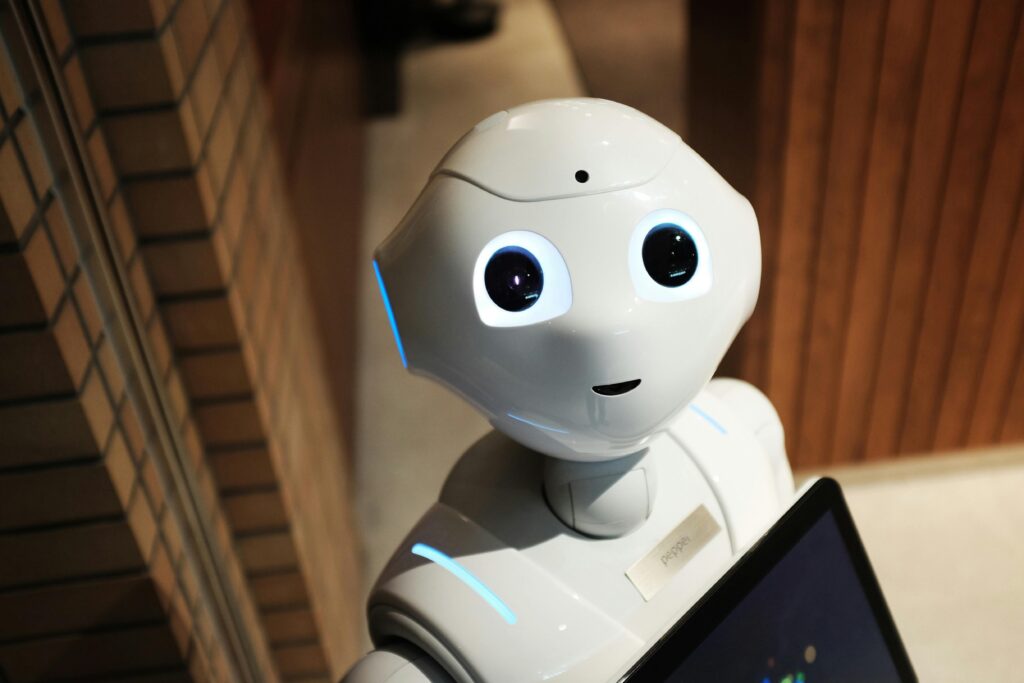AI Ethics: A Critical Priority in Modern Technology
AI Ethics is no longer the concept of the future. In 2025, it is inherent in healthcare, finance, education and daily life. With this increase, AI ethics has become a central concern. Companies and governments are building structures to ensure that AI serves humanity without harming.
Why Ethical AI Matters Now More Than Ever
AI systems can process large -scale data and take autonomous decisions. This power increases concerns about prejudice, fairness and accountability. Without moral guidelines, AI can strengthen discrimination or violation on privacy. This is why developers will have to embed morality at every stage of AI design and deployment.
Core Principles Guiding Ethical AI
1. Transparency
The decisions of AI should be clarified. Users and stakeholders should understand how the results reach. Black-box models are getting out of favor as demand for transparency in algorithms increases.
2. Accountability
When the AI fails or causes damage, one must be responsible. The moral outline emphasizes the need for human monitoring. Developers and companies cannot blame machines.
3. Fairness and Bias Mitigation
The bias in the data leads to biased AI. Moral outlines require rigorous audit of training data. Developers should identify and reduce bias, especially in sensitive applications such as hiring or law enforcement.
4. Privacy and Data Protection
AI requires data to function. However, this data often involves personal information. Ethical AI data protects privacy through techniques such as approaching and user consent protocols.
5. Human-Centered Values
AI must align with human rights and democratic values. It should support human welfare, people should not replace or harm. The human-in-loop systems are now ideal in high-risk scenarios.
Global Standards and Regulations in 2025
European Union’s AI Act
The European Union has taken the initiative to regulate AI. Its AI Act classes systems based on risk and implement strict moral requirements. High -risk applications should meet transparency, accountability and safety standards.
U.S. AI Bill of Rights
The US government has introduced a bill of rights for AI. It outlines the rights of citizens in automatic decision making, ensures protection from discrimination and lacks support.
OECD and UNESCO Guidelines
These organizations promote global cooperation on moral AI. Their structures are non-comprehensive, but are widely adopted. They focus on inclusion, stability and respect for human autonomy.
Corporate Responsibility in Ethical AI
Tech giants now have dedicated to morality teams. Google, Microsoft and IBM try to create responsible AI tools. Startups are also integrating morality from the ground. Investors and customers demand this.
AI audit, ethics training and impact assessment are becoming standard. Ethics is no longer optional; This is a business mandatory.
Challenges Ahead in Enforcing AI Ethics
Despite the progress, many challenges remain. It is difficult to implement moral practices across the boundaries. AI develops faster than regulation. There is also tension between innovation and regulation.
But cooperation provides hope. Governments, technical leaders and civil society should work together. Ethics should guide innovation – there is no obstruction.
The Future of AI Ethics
AI is changing rapidly. Ethics should develop as soon as possible. Dynamic, adaptable structures will guide safe AI development. In 2025, the interaction is not whether AI requires morality – how to make those morality actionable, average and global.
Conclusion: Building Trust Through Ethical AI
The moral outline is the foundation of the trusted AI. Transparency, fairness and accountability are not just ideal – they are necessary. As we move forward, only moral AI will earn public belief and provide permanent effects.
